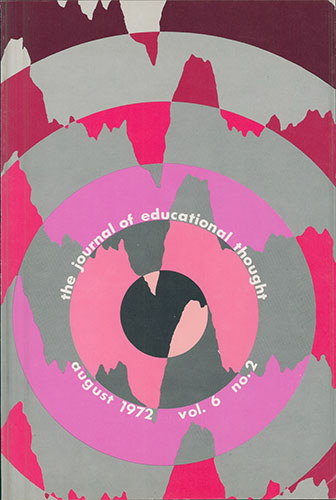The Educational Significance of the Ecological Revolution
DOI:
https://doi.org/10.55016/ojs/jet.v6i2.43590Abstract
Despite the enormous popularity of the ecological revolution throughout the world today, there is little evidence that American educators have reacted very positively to its challenge and begun the hard work of determining its significance for the activities of schooling. This is not to imply complete inactivity on their part. Many national groups ( e.g., the NEA, National Parks Service, and the Audubon Society) and local school districts, as well as numerous individual teachers in both secondary and higher education are busy developing or have already developed proposals for environmental education. Nor is it the case that educators have been unresponsive personally and individually to the theme of environmental crisis. They have shared as fully as other Americans the mixture of shock, indignation, and enthusiastic optimism in the possibilities of environmental redress which the ecological revolution brought in its wake. Still we have experienced nothing like the wave of widespread educational r eform so characteristic of the Sputnik era, or the more recent reform efforts of the 60's. By and large the effects of the ecological revolution on education have been superficial: the celebration of Earth Day; the addition of courses on "environmental awareness", or the beefing up of existing courses by adding units in ecology; the establishment in Universities of interdisciplinary departments or even separate environmental "centers" to handle the environmental theme; and the appropriation into educational vocabularies, and their use in a variety of frequently ungainly contexts, of a host of ecologically "in" terms like "ecology", "environment", "Nature", and so on. While these efforts are always well intended and often energetically pursued, they only scratch the surface of the challenge and the opportunity which today's environmental revolution holds for education.
Downloads
Published
Issue
Section
License
The Journal of Educational Thought retains first publication rights for all articles. The Journal grants reproduction rights for noncommercial educational purposes with the provision that full acknowledgement of the work’s source be noted on each copy. The Journal will redirect to the appropriate authors any inquiries for further commercial publication of individual articles. All authors wishing to publish in JET will be asked to fill in and sign a Consent to Publish and Transfer of Copyright agreement.
Authors must affirm that any submission to JET has not been and will not be published or submitted elsewhere while under considration by JET.

